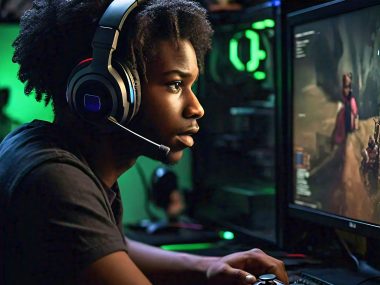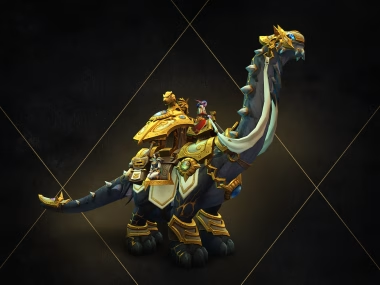Bungie’s extraction shooter Marathon has been delayed, and honestly, that’s a good thing. The closed alpha clearly didn’t go as planned, and Bungie now finds itself facing an uphill battle. Not just to fix Marathon, but to rebuild the trust they’ve lost with players, partners, and possibly even themselves.
The delay may be necessary, but it’s also a warning sign. The bigger question we need to ask is this:
Can a broken company really deliver a successful game?
The Game Needs Time, But Does Bungie Have It?
Let’s be clear: Marathon was not ready. According to Bungie’s own update, alpha testers found the game lacking tension, lacking identity, and missing the core elements needed to stand out in the crowded extraction shooter genre. Bungie now plans to revamp everything from AI difficulty to loot systems, add environmental storytelling, and even introduce proximity voice chat. That’s not polishing, it’s rebuilding.
But here’s the problem: Bungie says they’re aiming to share another update in Fall 2025. That’s uncomfortably close to Sony’s fiscal year ending in March 2026. There’s a real risk Bungie is being pressured to push this game out to meet internal financial deadlines, not because it’s actually ready.
We’ve seen this story before and it rarely ends well.
Sony Bought a Problem, Not a Solution
Sony paid $3.6 billion for Bungie. They needed a studio that could lead the charge on live-service games. On paper, it made sense: Destiny was a successful franchise, Bungie had experience, and the live-service model looked like the future.
But in reality? Bungie hasn’t been profitable in years. Destiny 2 revenue allegedly dropped 45% in 2023’s fiscal year. Between 2023 and 2025, Bungie laid off nearly half its staff. One of its unannounced IPs was quietly canceled. After The Final Shape finally launched to praise, Bungie thanked players by laying off key developers.
This isn’t a company that feels stable. It’s a company hemorrhaging people, trust, and direction.
Should Sony Trust Bungie at All?
Sony bought Bungie expecting leadership and innovation. Instead, they got a studio that allegedly overstated its financials during acquisition, hid internal dysfunction behind PR smoke, and treated its developers like chess pieces.
Now, with Marathon, Sony has an expensive problem to fix. The trust between Bungie and Sony is fractured. If Bungie leadership misled Sony once, how does anyone at Sony believe what they say now?
Let’s not forget the players. Bungie’s core fanbase didn’t ask for Marathon. Many wanted Destiny 3. They feel abandoned. And after the art theft controversy tied to Marathon, some say they won’t support the game at all. That’s a tough launch runway to overcome, even with extra time.
This Is What Happens When Leadership Fails
The root of all of this is bad leadership. Bungie has faced toxic workplace allegations, culture issues, and tone-deaf decisions for years. From shutting down creative ideas to prioritizing monetization over experience, this is a studio in desperate need of change at the top.
But ironically, now may be the worst time to replace Bungie’s leadership. Marathon is behind schedule. Morale is low. Bungie is being folded deeper into Sony’s corporate structure. A management shakeup could do more harm than good, at least in the short term.
That’s the trap of bad leadership: it creates a mess so big that fixing it becomes just as risky as leaving it alone.
A Delay Is Not a Fix
Delaying Marathon was the right call, but it doesn’t solve the underlying issues. Bungie needs more than time. It needs a transformation. And so far, we haven’t seen signs that change is coming.
This is no longer just about a game. It’s about whether Bungie, as it currently exists, can still function as a successful studio. They’ve lost independence. They’ve lost public trust. They’ve lost internal talent. And now they’re trying to launch an IP in a genre full of strong competitors without the loyalty they once counted on.
A delay gives Bungie space to try again, but time alone won’t fix broken leadership, shattered trust, or the weight of past mistakes. Marathon isn’t just a game; it’s a test. Not just of Bungie’s developers, but of the company’s very ability to survive.
For Sony, this is a high-stakes bet on a partner who’s struggling to stay upright.
For players, it’s one more reminder that passion and promises mean nothing if the people in charge don’t learn from failure.
Let’s hope the people still at Bungie are given the space, time, and support to make Marathon worth playing. They deserve that much, even if the company hasn’t always earned it.






